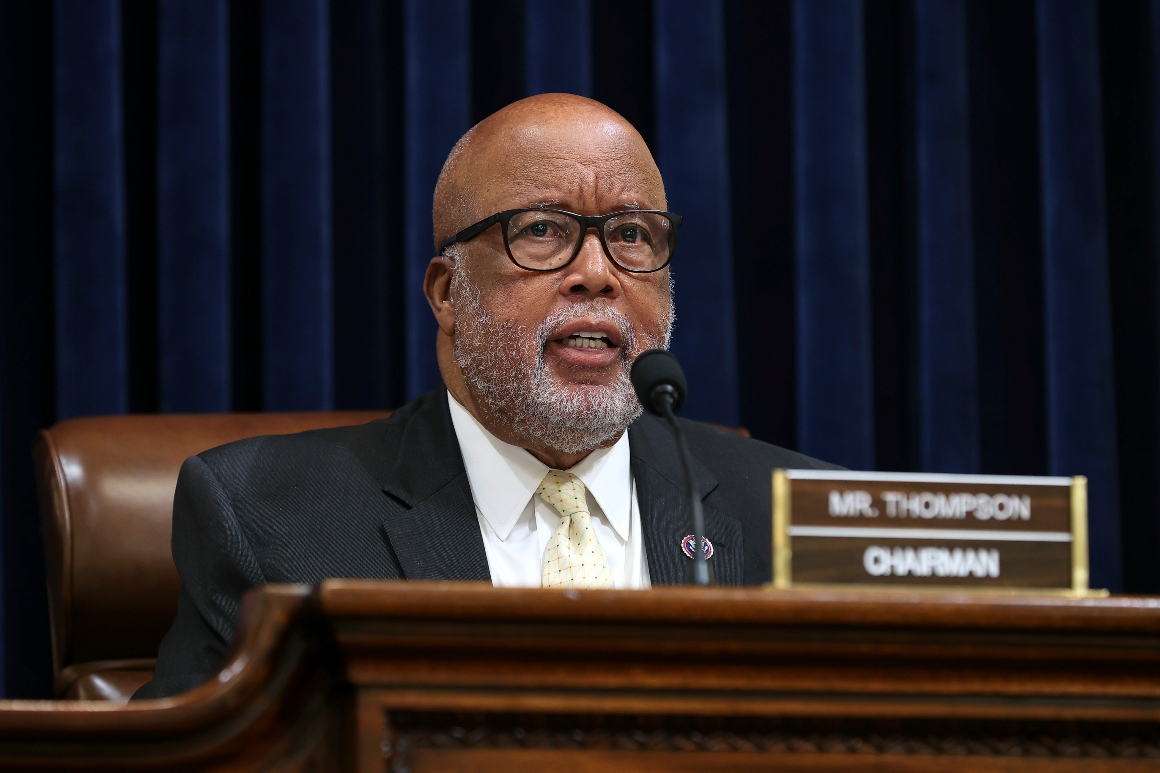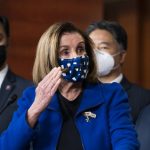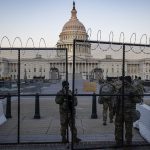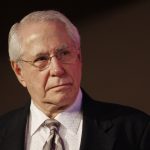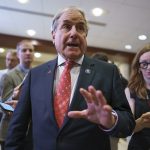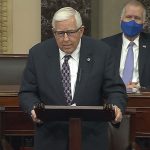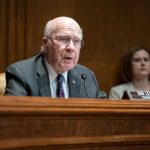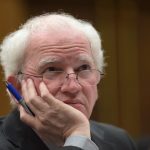There’s only a few weeks left until the lawmakers investigating the Capitol attack intend to hold their first public hearing — and they’re redoubling their focus on how their own GOP colleagues may have helped Donald Trump’s efforts to subvert the 2020 election.
Recent court filings, subpoenas and conversations with members of the Jan. 6 select committee show they’re homing in on interactions that Republican members had with Trump and his allies in the weeks preceding the riot.
One critical pressure point is the committee’s search for communications between members of Congress and John Eastman, the attorney who helped craft Trump’s last-ditch legal strategy to prevent Joe Biden from taking office. Investigators are pressing Eastman to prioritize turning over emails to or about members of Congress and their staffs, including 14 GOP lawmakers specifically identified by the committee.
The continuing interest in specific lawmakers’ involvement in the Trump effort comes as the committee is still grappling with whether to take the historic step of subpoenaing sitting members — although its chair, Rep. Bennie Thompson (D-Miss.) has cast doubt on whether that will be feasible. Thompson confirmed this week that no decision had been made, saying he’s still trying to convince GOP lawmakers to give their side of the story rather than allowing records that reflect negatively on them to stand on their own.
“Why would you want to be noted in that light rather than explaining your side?” Thompson told reporters Tuesday. “It’s important, and that’s why we’ve asked them to come in voluntarily.”
As the subpoena question lingers, the select panel continues to haul in information that could shed more light on GOP lawmakers’ actions to support Trump’s push.
On Thursday, for example, they’re slated to obtain documents related to a December 2020 lawsuit filed by Rep. Louie Gohmert (R-Texas) against then-Vice President Mike Pence. Those documents, held by the National Archives, are expected to describe Trump White House involvement in the lawsuit, in which Gohmert attempted to force Pence to reveal whether he would single-handedly try to overturn the election, as Trump was demanding.
Pence remained quiet about his intentions until the last possible moment, and reports suggest Trump was supportive of Gohmert’s ratcheting up the pressure on the then-vice president.
Also on the committee’s radar: Trump attorney Rudy Giuliani’s contacts with members of Congress, Trump trade adviser Peter Navarro’s claims about recruiting members of Congress to delay the election certification, and attempts by lawmakers to reach Trump on Jan. 6 to ask the rioters to stand down.
The continued focus on GOP lawmakers creates a difficult balancing act for the select committee. Its members have spent weeks weighing how aggressively to directly target their own colleagues, knowing that Republicans stand a strong chance of retaking the House next year and responding in kind.
“We’ve not made any final decisions [on subpoenaing lawmakers],” Thompson told reporters Monday evening. “We have options, but we want to make sure of all the options on the table. Some of this is precedent-setting for our committee to do it.”
They’ll have to make that decision eventually, since Republican lawmakers have broadly rejected requests to voluntarily testify. House Minority Leader Kevin McCarthy, Rep. Scott Perry (R-Pa.) and Rep. Jim Jordan (R-Ohio) have all refused, despite evidence showing they witnessed or participated in significant aspects of Trump’s effort. But committee members and aides say they haven’t given up on piecing together Republican lawmakers’ roles in those chaotic weeks using other records and testimony.
The panel has already revealed some members’ cooperation in the push to overturn the 2020 election.
Investigators have repeatedly asked witnesses to describe contacts with Perry, for example, who helped connect Trump with Justice Department official Jeffrey Clark, a key driver of the effort to subvert Biden’s win.
The committee also produced text messages, supplied by former White House chief of staff Mark Meadows, which showed one unidentified member of the pro-Trump House Freedom Caucus saying that the former president’s Jan. 6 plan would drive a “stake in the heart of the federal republic.” Jordan forwarded a text message to Meadows on Jan. 5 that describes a strategy for overturning the election via Congress.
That’s on top of texts investigators have published sent by frantic lawmakers to Meadows as a pro-Trump mob stormed the Capitol on Jan. 6. Fox News host Sean Hannity texted Meadows and Jordan after Jan. 6 and discussed an attempt to help usher Trump out of office without further incident.
But there’s plenty of information the panel is still looking for about the Republicans they work alongside.
They want details about key meetings Trump held with lawmakers in the run-up to Jan. 6, as many of his key allies huddled at the White House in the final days of December to lay out a Jan. 6 strategy. The panel had sought to ask Jordan about his communications with Trump’s legal team, the White House or the so-called “war room” at the Willard Hotel leading up to the attack.
Another episode — which garnered little attention — includes lawmakers directly trying to convince Pence to take action on Jan. 6 as lawmakers prepared to certify President Joe Biden’s win, according to Rep. Matt Gaetz (R-Fla.). He described the meeting during an appearance on Steve Bannon’s “War Room” podcast last month, though the exact date of the incident is unclear.
“We put forward arguments and affidavits and evidence. We showed him videos,” Gaetz said. ”We were in the Cabinet Room meeting with Mike Pence in the days leading up to January 6, and I left quite disappointed that he was not motivated by our argument.”
That meeting may be the only known direct contact between Pence and lawmakers supportive of Trump’s effort in the final weeks of the Trump presidency. Gaetz declined to elaborate when asked for details about the meeting and the names of other attendees.
